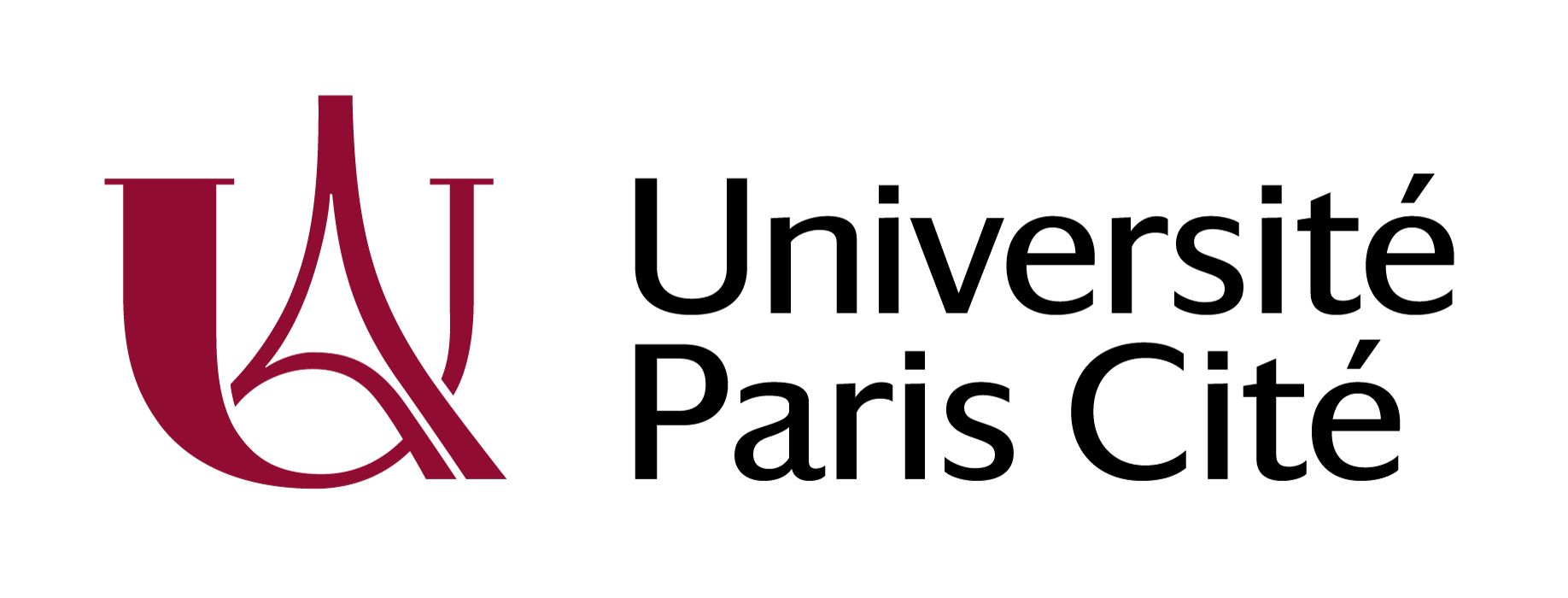Temporality: Study of the Effect of Temporal Distance on the Episodicity of Mental Simulations Following Priming in Virtual Reality
Résumé
The "constructive episodic simulation" hypothesis (Shacter & Addis, 2007)proposes that episodic memory and episodic future thinking rely on similar mechanisms, and some studies indicate a common brain network (Szpunar, 2007). Recent research suggests that they are both manifestations of the same constructive simulation process (Addis et al., 2018). In line with this symmetrical function of memory and self-projection, the TEDIFT model (La Corte & Piolino, 2016) indicates that personal semantic information increases with temporal distance, becoming more prominent as self-projection moves further into the future or past. The aim of the present study is to investigate differences in episodicity between past and future mental simulations as a function of temporal distance using immersive virtual reality. A virtual reality tool was developed to initiate mental projections into the past or future. In the first study, participants are primed for their episodic simulations with a virtual immersion in a past or future temporality. Four environments were created, titled "Near Past" (2020), "Distant Past" (1980), "Near Future" (2024), and "Distant Future" (2060), providing an itinerary through a city inspired by Paris. The study employs an within participant design, comparing episodicity scores (TEMPau, Piolino et al., 2000) in distant versus closer temporal conditions, regardless of the past or future nature of the immersion. In a second study, a "neutral" condition is presented to ensure a valid comparison between primed and unprimed conditions. The episodicity of autobiographical simulations will be compared within participants, following immersion in a specific temporality or in a neutral environment. We hypothesize that the episodicity score will be lower in the more distant conditions than in the closer conditions, regardless of the past or future nature of the immersion. It is also hypothesized that the episodicity in each temporality condition will be stronger than in the neutral condition. This study has potential implications for understanding the neural mechanisms underlying episodic memory and episodic future thinking, as well as their functional role in self-projection.
| Origine | Fichiers produits par l'(les) auteur(s) |
|---|
